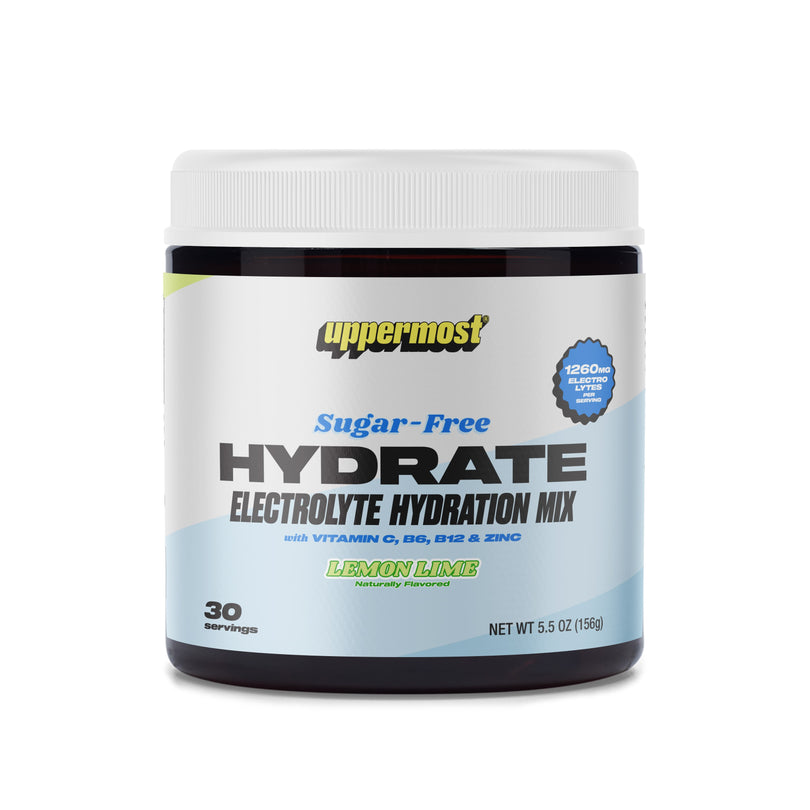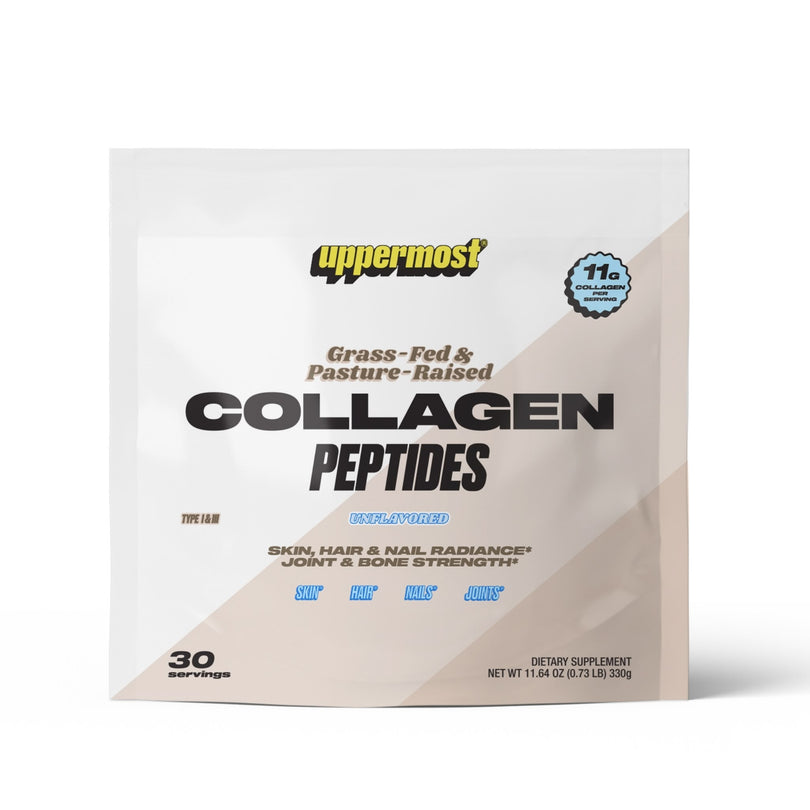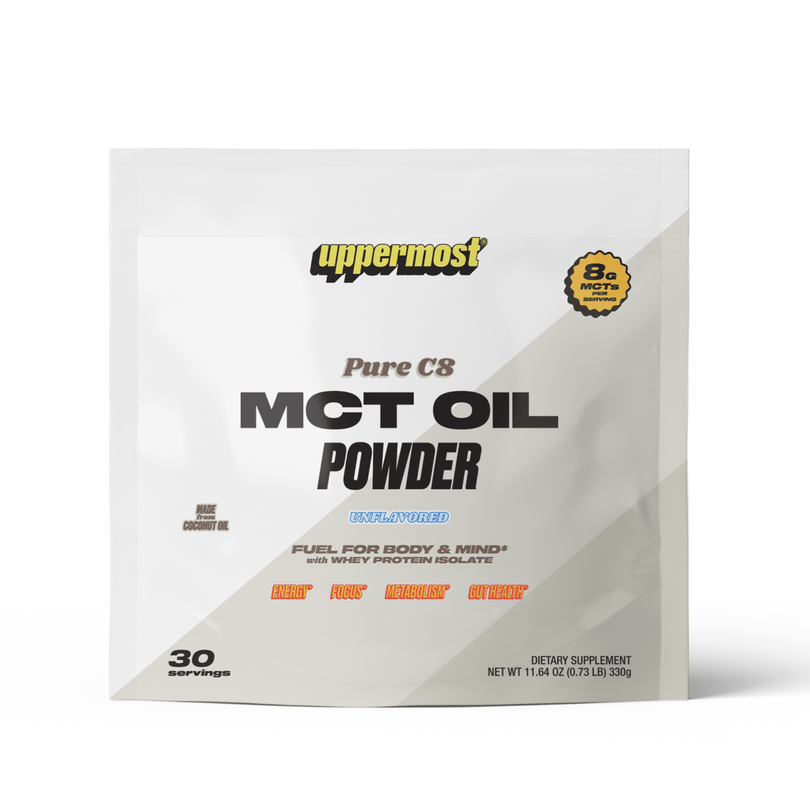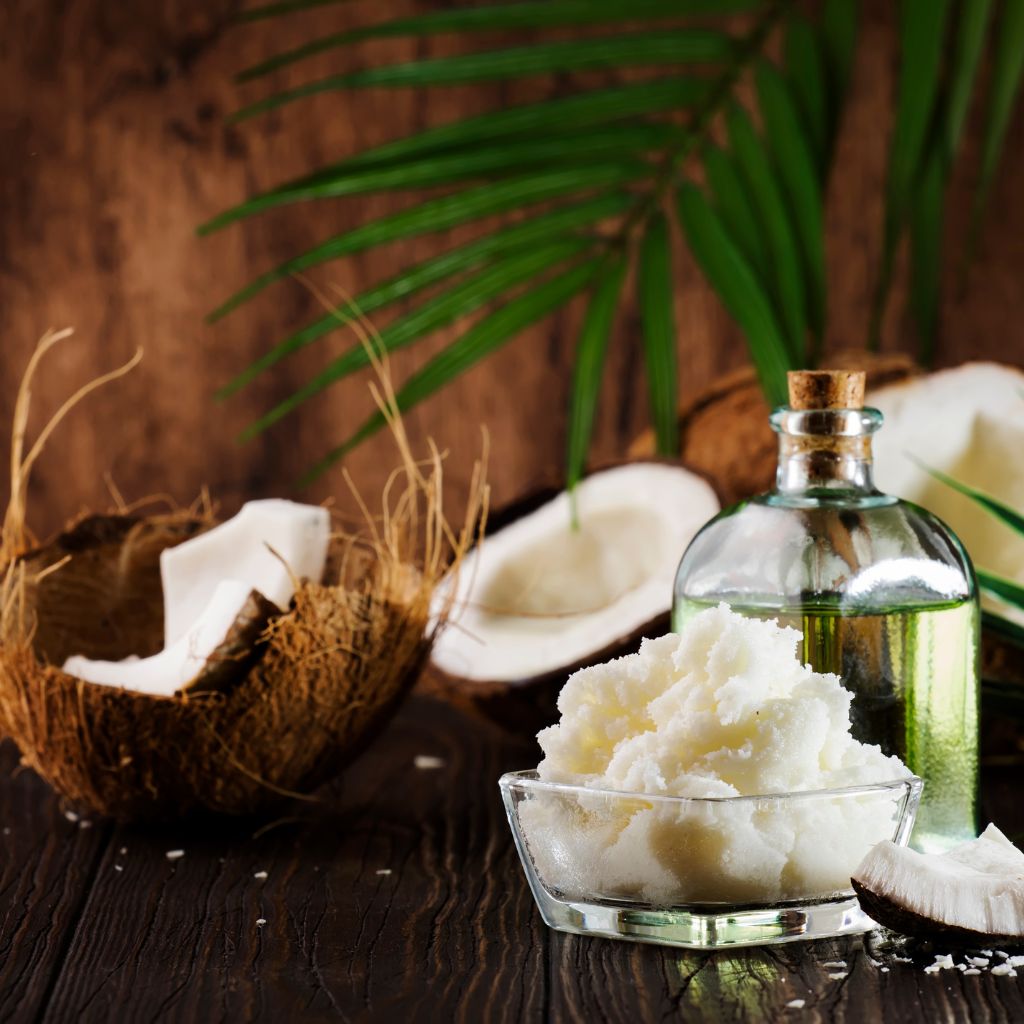With MCT oil products gaining popularity, the debate between organic and non-organic options has become increasingly common. MCT (medium-chain triglyceride) oil—especially when derived from high-quality coconut sources—has become a staple for people on ketogenic diets, those seeking clean energy, or anyone aiming to support mental clarity. But does choosing an organic MCT oil truly make a difference?
In this article, we’ll explore the key differences between organic and non-organic MCT oils, highlight the potential benefits of each, and help you determine which option fits best with your lifestyle and values.
What Is MCT Oil, and Why Is It Beneficial?
Medium-chain triglycerides (MCTs) are a unique form of fat commonly found in coconuts and palm kernel oil. Unlike long-chain fats, MCTs are quickly metabolized by the liver, allowing them to provide an almost immediate energy source instead of being stored as fat. This makes MCT oil especially popular among those on low-carb or ketogenic diets.
MCT oil is available in both liquid and powder form and can be added to coffee, smoothies, or pre-workout drinks.
Some of the key benefits of MCT oil include:
-
Quick, sustained energy for both physical and mental activities
-
Enhanced mental clarity and cognitive performance
-
Appetite regulation and weight management support
-
Gut health support when combined with digestible binders
Organic vs. Non-Organic MCT Oil: What’s the Difference?
The main distinctions between organic and non-organic MCT oil lie in the sourcing and processing of the ingredients.
Source of Raw Ingredients
Organic MCT oil is sourced from coconuts grown without the use of synthetic pesticides, herbicides, or fertilizers. These ingredients are produced under strict agricultural standards and must pass third-party organic certification to be labeled as such.
Non-organic MCT oil may come from the same coconut sources but is produced using conventional farming practices. Although these methods may include synthetic inputs, reputable brands still test extensively to ensure the final oil is clean and safe.
Purity and Nutritional Quality
Organic MCT oil often provides peace of mind thanks to the rigorous certification process, which includes restrictions on chemical exposure and soil testing. However, organic certification does not necessarily mean the product contains higher concentrations of MCTs. What really matters is the specific fatty acid content—particularly the presence of C8 and C10 triglycerides.
Non-organic MCT oils can be just as pure, especially when produced by brands with high-quality control standards. These oils are refined to remove impurities, ensuring a clean final product without the premium price tag.
Environmental Impact
Organic farming practices are designed with sustainability in mind. They reduce reliance on chemical inputs, help maintain soil health, and minimize runoff that can affect nearby ecosystems. For those who value environmental stewardship, organic MCT oil may be more aligned with their principles.
Non-organic farming tends to focus on maximizing efficiency and yield. While this can reduce costs and increase availability, it may have a greater environmental footprint due to synthetic fertilizers and pesticides.
Health and Safety Considerations
Choosing organic may offer added reassurance to consumers concerned about trace chemical exposure or who follow a clean-label lifestyle. For people with chemical sensitivities, organic MCT oil can offer a sense of security.
That said, high-quality non-organic MCT oils are typically free from harmful contaminants thanks to extensive testing and refining. For most consumers, the health benefits remain consistent regardless of the organic label.
Is Organic MCT Oil Better for Ketogenic Diets?
The answer largely comes down to personal preference. Both organic and non-organic MCT oils can provide similar levels of C8 and C10 MCTs, which are most beneficial for producing ketones and fueling the body during low-carb eating.
Organic MCT oil might appeal more to those focused on clean sourcing, while non-organic oils—especially when made from 100% coconut and tested for purity—can be equally effective for supporting ketosis, energy production, and mental performance.
Additional Considerations When Choosing MCT Oil
Taste and freshness vary more by brand and processing than by whether a product is organic. Some people find organic MCT oil slightly fresher in flavor, while others notice no difference.
Price is another factor. Organic MCT oil typically comes at a higher cost due to labor-intensive farming and certification requirements. If you’re looking for affordability without compromising benefits, non-organic options are often a better value.
Most importantly, choose a brand with a strong reputation for transparency and testing. That applies whether you go organic or not.
Uppermost’s MCT Oil Powder: Pure C8 Energy, Without the Filler
At Uppermost, we created our MCT Oil Powder to be a powerful, convenient, and clean energy source—without cutting corners. While our product is not organic, it’s made from 100% pure C8 MCTs sourced exclusively from coconuts, never palm oil. C8 (caprylic acid) is the most efficient and ketogenic MCT, known for its rapid conversion into brain-boosting ketones.
Unlike many MCT oil powders that rely on acacia fiber or corn-based additives, we use whey protein isolate as our binder. This delivers a smooth, creamy texture while also offering clean protein support—perfect for those on ketogenic or low-carb diets.
Why Choose Uppermost’s MCT Oil Powder?
-
Made from pure C8 MCTs for faster, cleaner energy and enhanced mental clarity
-
Sourced exclusively from coconuts, not palm oil
-
Uses whey protein isolate, not acacia fiber, as a binder for improved mixability and protein content
-
Free from artificial additives, gums, sweeteners, or fillers
-
Easy to add to coffee, shakes, and meals without the oily mess of liquid MCT
Whether you’re powering through your morning, extending your intermittent fast, or just looking for clean fuel to enhance your focus, Uppermost’s MCT Oil Powder delivers exactly what you need—without compromise.
Organic or Non-Organic: Which Should You Choose?
Go with organic MCT oil if you’re focused on sustainable farming, have sensitivities to chemicals, or simply want the reassurance of certification.
Opt for non-organic MCT oil if you’re looking for high-quality MCTs, especially pure C8, at a more accessible price point—without sacrificing performance or purity.
Final Thoughts
Both organic and non-organic MCT oils offer powerful benefits for energy, brain function, and metabolic support. The decision between the two often comes down to sourcing philosophy, environmental values, and budget.
At Uppermost, we focus on formulating products that are clean, effective, and transparent. Our non-organic, pure C8 MCT Oil Powder reflects our commitment to quality without unnecessary hype or cost. Whether you’re keto, low-carb, or just looking for a better source of fuel, we’ve got your back.
Make the choice that aligns best with your health goals—and feel confident knowing that with the right MCT oil, you’re already one step closer to feeling your best.





